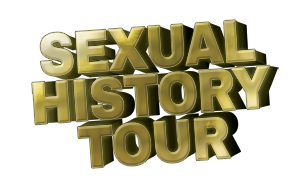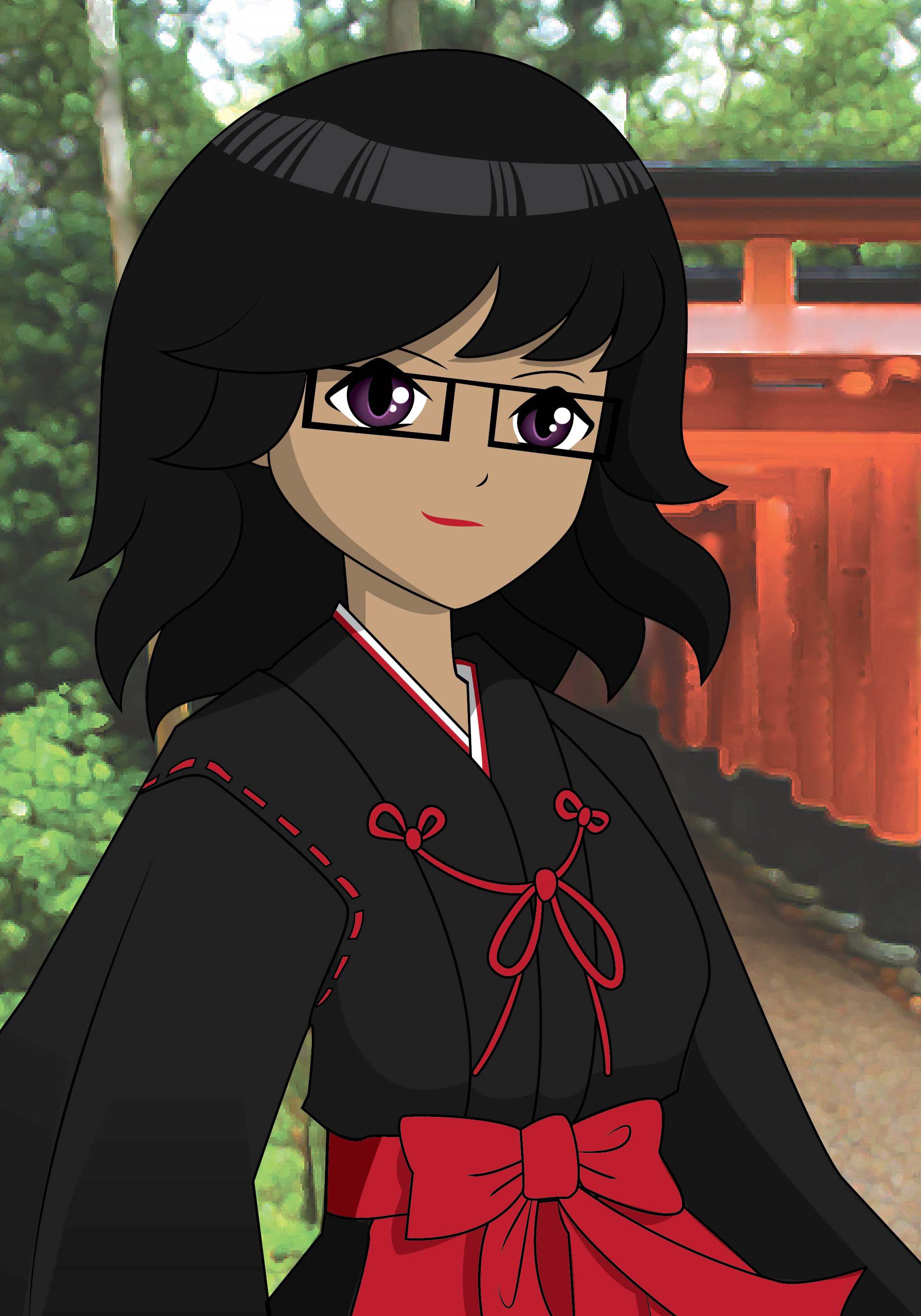![By РадужныйФлагКопия2.png: *Rainbow_flag_breeze.jpg: Benson Kua from Toronto, Canada derivative work: Ligth Mehanist (talk) derivative work: Hotshot977 (РадужныйФлагКопия2.png) [CC BY-SA 2.0 (http://creativecommons.org/licenses/by-sa/2.0)], via Wikimedia Commons](http://www.sexualhistorytour.com/wp-content/uploads/2016/05/Prideflagbreeze-extracted-1024x591.png)
By РадужныйФлагКопия2.png via Wikimedia Commons
But it’s Pride so I acquiesced. I went to the store and bought rainbow colored fishnet tights and wore my red Sex Geek t-shirt. That was an explosion of color for me.
I had a great time even though it was insanely crowded. There were fun floats, dazzling dancers, and significant supporters. It was great to see political figures; a few celebrities and proud parents along with the LGBT community celebrate with what seemed like the longest parade I had ever witnessed. I wonder how many of those Pride revelers knew the significance and history of the colors they were wearing. It’s not just about glitter eye shadow, rainbow tights, and tutus. The Pride flag has a history and there is meaning to the colors.
The original flag first flew in the Gay Freedom Day Parade in San Francisco on June 25th, 1978. Gay Pride parades had been around for 8 years at this point, starting with the parade on Christopher Street Liberation Day commemorating the Stonewall Riots of the previous year. Gilbert Baker wanted to create flags for the parade but found there really wasn’t a symbol for the movement yet. He came up with the idea of a rainbow to represent all the different gender, nationalities, and races as well as representing the beauty and magic of nature. Baker was influenced by the “Flag of the Human Race” that was popular during world peace demonstrations in the 60’s. It’s also been said he was inspired by the song “Over the Rainbow” Baker learned how to sew to make his own outfits for his drag performances. He brought together 30 volunteers who hand dyed and stitched together the first two flags in the attic of the Gay Community Center.
The first flag comprised of 8 colors, each imbued with a meaning. They are; hot pink – sexuality, red – life, orange – healing, yellow – sunlight, green – nature, turquoise – magic/art, indigo/blue – serenity/harmony, and violet – spirit. Baker then started working at the Paramount Flag Company where he convinced them to manufacture the new Pride flag. It became very popular, especially after the assassination of Harvey Milk in November of 1978. Paramount dropped the hot pink when fabric in the color was unavailable. In 1979, the turquoise strip was eliminated when the flag was hung from Market Street lampposts. They thought three colors on each side looked better than having the pole split the odd numbered stripe down the middle. The Indigo stripe was also changed to royal blue at this time. The flag has remained in this configuration ever since and is traditionally flown horizontally with the red stripe on top
Baker created two mile-long flags to commemorate the anniversaries of Stonewall and the original flag. On the 25th anniversary of the Stonewall Riots the mile long, 30-foot wide flag consisting of the original eight colors stretched down Manhattan’s First Avenue. It was even confirmed by the Guinness Book of World Records to be the largest flag in the world. That flag would be dismantled and given to sponsors and activists. In 2003, an 8,0000 foot flag, 15 feet wide, was unfurled in Key West at the “Rainbow 25 and PrideFest” for the 25th anniversary of the first pride flag.
Today the Pride flag is flown all over the world. I hope you remember all the thought that went into this icon when you don your rainbow top hat, knee socks, and booty shorts. A great deal of suffering and strife is behind those bright colors. What’s wonderful about the flag and the overall feeling at Pride parades is that for a day we joyously celebrate life and freedom of expression while remembering the sadness and pain that many have experienced in the history of the movement.
Last modified: May 2, 2016


You’ll have to come to Winston for our Pride Parade in October. Clann C/Create the Change ALWAYS marches and its a BLAST 🙂
Do I have Permission to use the Gay Flag on my website (Church).
I cannot give permission to use the flag. If you are using the pride flag to show you are a safe space and a welcoming congregation, I don’t believe there would be a problem using it on the website.